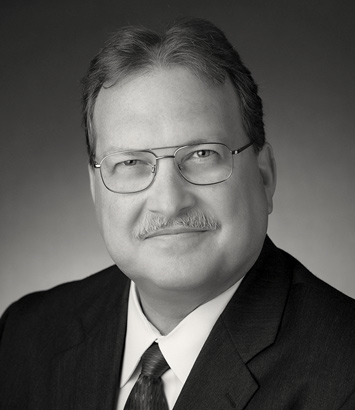Experience
Lach v. Man O’War, LLC - Breach of Fiduciary Duties
We represented our client, who was a limited partner in a shopping center limited partnership. Our client did not consent when the general partners changed from limited liability partnership to limited liability corporation, which changed some of the rights associated with a limited partner. The Kentucky Supreme Court ruled that this change in the form of the entity without obtaining the consent of the limited partner was breach of fiduciary duties by the general partners.
Kentucky Supreme Court decides damages in precedent setting trespass case
We represented clients who were landowners adjacent to an underground limestone quarry. The quarry operation trespassed on the clients’ property and removed over 100,000 tons of limestone. The Kentucky Supreme Court clarified the proper measure of damages for trespass and removal of limestone. The proper measure of damages in all innocent trespass cases is the value of the mineral after extraction, less the reasonable expenses incurred by the trespasser in extracting the mineral. The proper measure of damages where the trespass has been determined to be willful is the reasonable market value of the mineral at the mouth of the mine, without an allowance of the expense of removal. There is no basis to recover separately for punitive damages.
Farmer, Executrix v. Meuser, Executor - Will Contest
Represented several family members of the deceased, who challenged his will as being the product of lack of testamentary capacity and undue influence. The trial court instructed the jury that the appropriate standard to prove undue influence and testamentary capacity was the stricter standard of clear and convincing evidence, rather than the preponderance of the evidence standard typically applied in civil lawsuits. The Court of Appeals ruled in favor of our clients on this issue and decided that the proper standard of proof in undue influence and testamentary capacity cases is preponderance of the evidence rather than the stricter clear and convincing evidence.
Gaskill v. Robbins - Division of Marital Property
Represented client in division of marital property in what would become a landmark case in the Kentucky Supreme Court. The client was a sole practitioner in oral surgery, and following a divorce, the dispute centered around the distinction between personal goodwill and enterprise goodwill in the division of the oral surgery practice. The Supreme Court ruled that goodwill of a professional practice is divided into personal goodwill and enterprise goodwill, and only enterprise goodwill is considered marital property for division in a divorce.
Kelley v. Fedde - KY Child Custody
There was an appeal of a motion to modify child custody. The trial court granted a change in child custody without allowing an oral hearing on the motion. The Court of Appeals ruled that our client was entitled to an oral hearing before any ruling on modifying child custody was allowed.
Knott, et al. v. Boone - Breach of Fiduciary Duties
Represented horse syndicate members in breach of fiduciary duties dispute regarding syndicate manager’s accountings. Court of Appeals ruled that syndicate manager could not rely on the instructions of one partner to apply partnership assets to a non-partnership debt.
Knott, et al. v. Boone - Breach of Fiduciary Duties / Fees
Represented horse syndicate members in breach of fiduciary duties dispute with syndicate manager. The syndicate manager charged late fees on the member's account that exceeded Kentucky usury law. The late fees were removed as in violation of usury laws and the Court of Appeals further determined that the syndicate manager owed a fiduciary duty to keep accurate accounts.
Osborne v. Town Square Bank - Will distribution
Represented children of deceased in will distribution dispute, where one of our clients was executor of the will. Widow, the deceased's wife by a second marriage, received will bequests before trying to renounce will. The Court of Appeals ruled that the will couldn’t be renounced once the widow received bequests from under the will.

